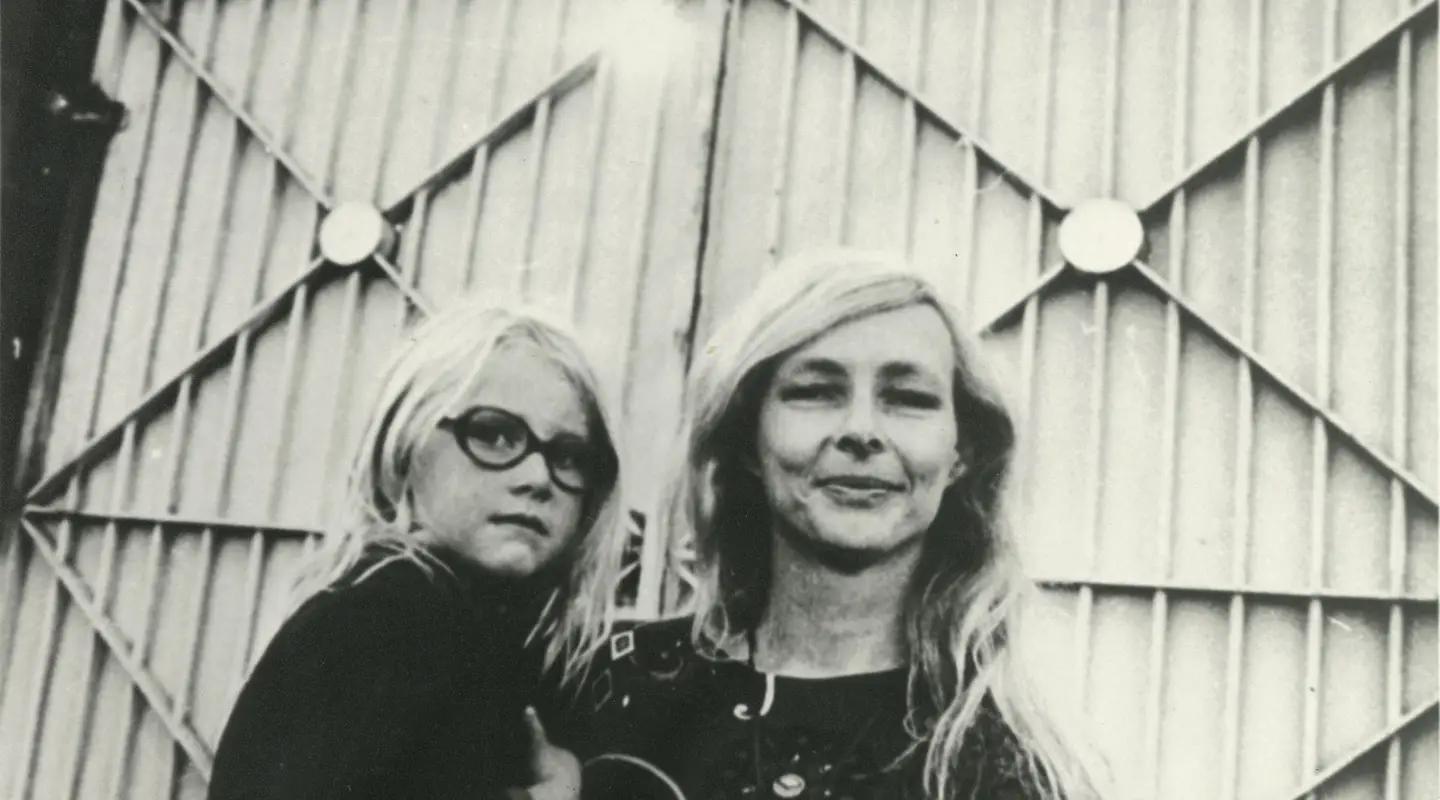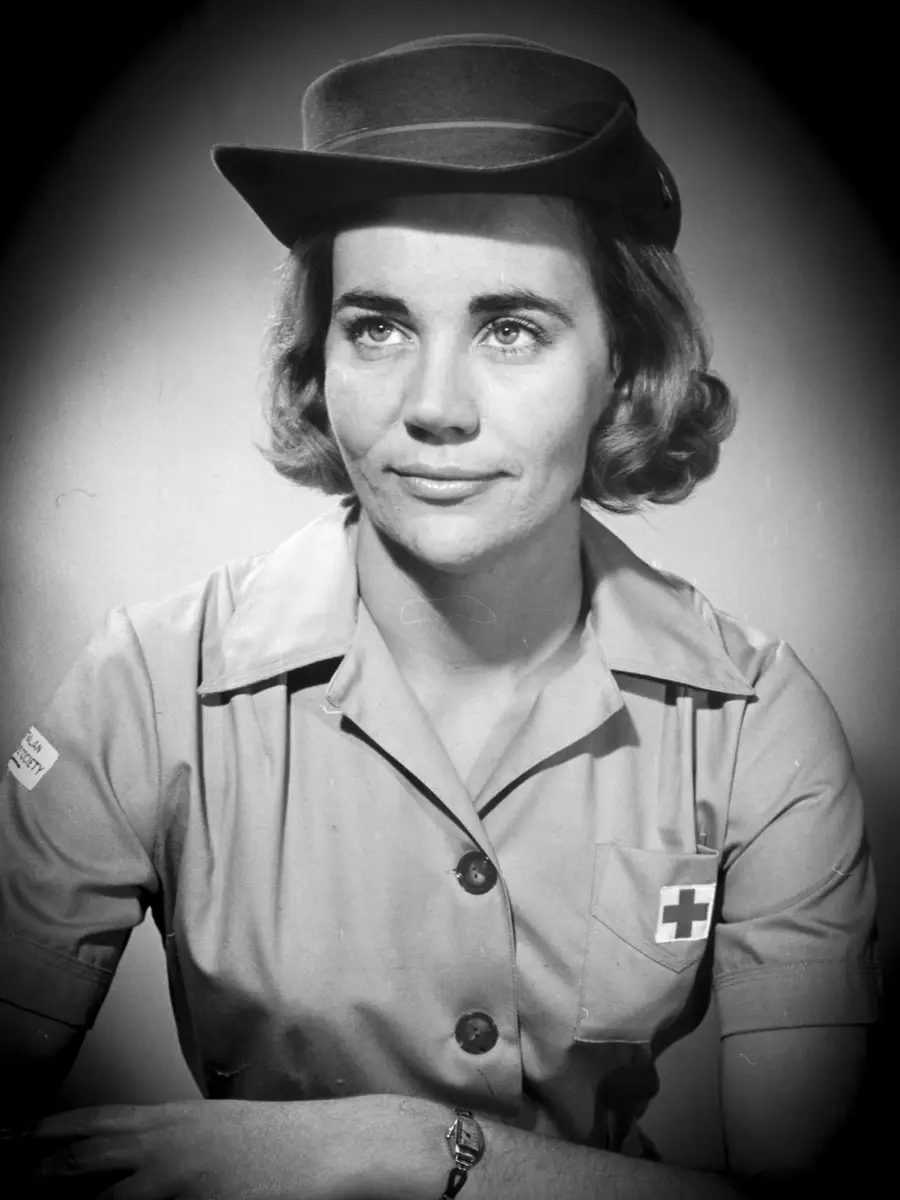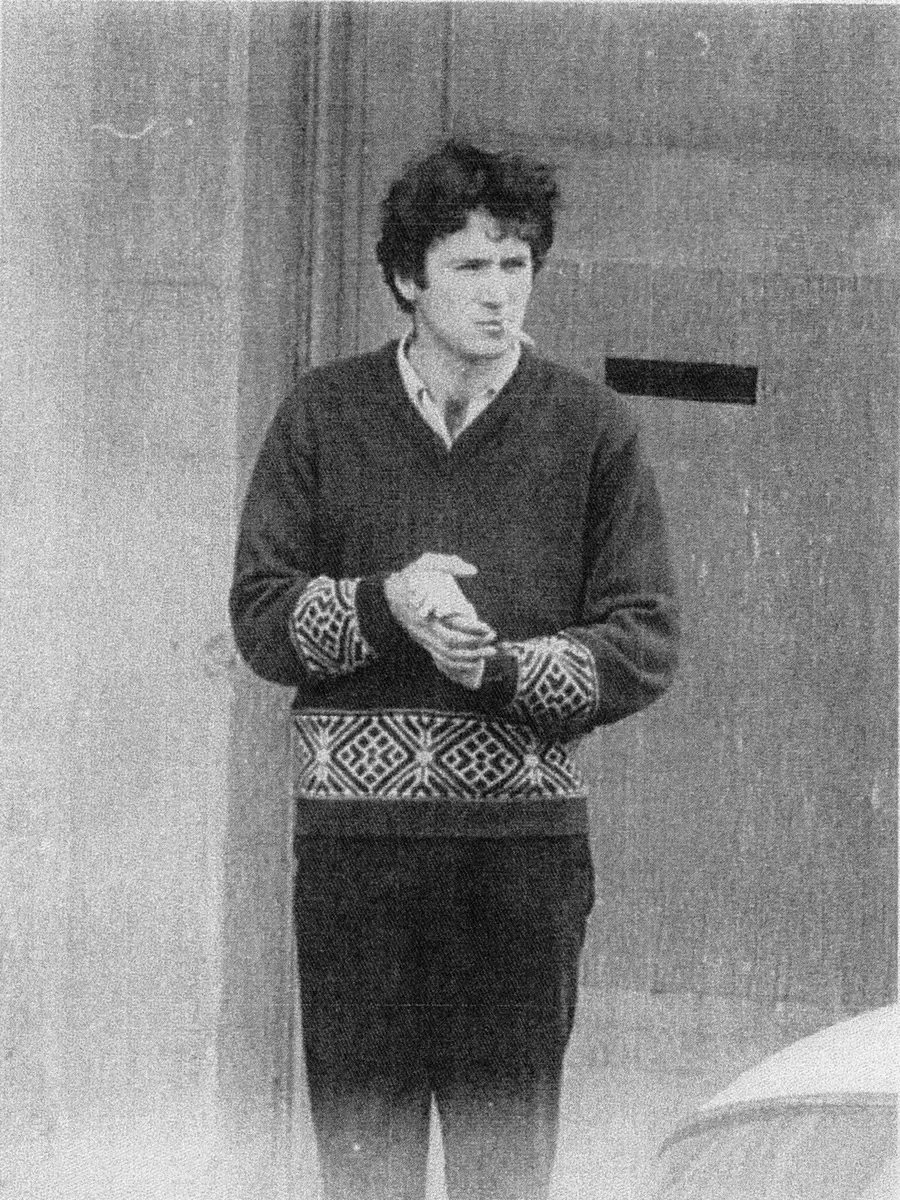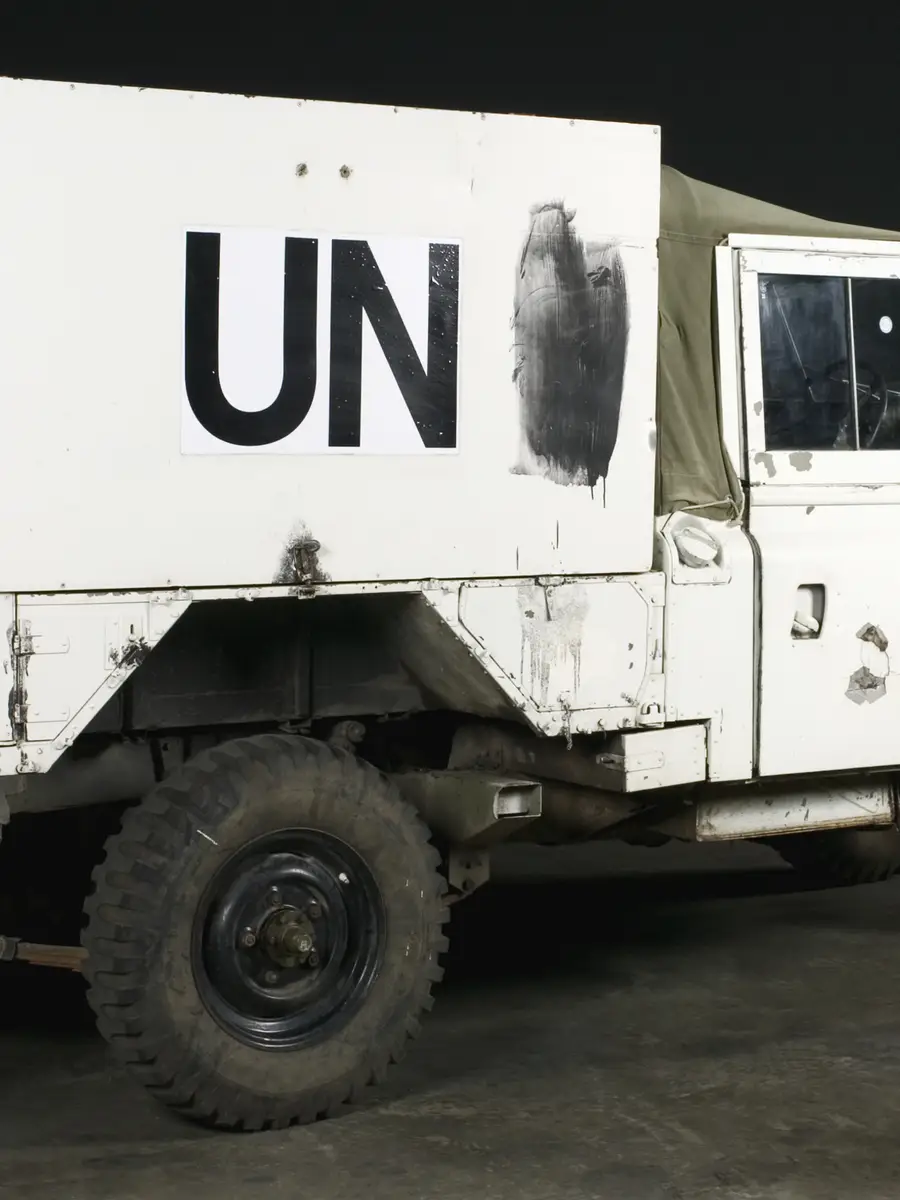Jean McLean, Anti-Vietnam War Activist
When conscription was brought in, I was a pregnant woman at the Beaumaris Arts Centre doing pottery, and there were quite a few women there, and they started saying, oh this is terrible, my son's 14, my son's 15, what's going to happen if they get conscripted, this is dreadful.
And so I said, well there's not a lot of point in us just saying it amongst ourselves, let's get together and have a meeting, get someone to come and talk to us and see how we can organise to oppose.
The Save Our Sons movement was very much a movement of ordinary women who were opposed to conscription, who learned about the Vietnam War and became, because we saw it on our televisions every night.
It was a movement, not an organisation, and I think that's very important because anyone who wanted to join our ranks, we greeted them.
All our demonstrations were covered by the press, and of course we didn't have social media then, so we had to keep thinking of new ways of getting publicity, and so we'd have demonstrations, deputations, we'd have demonstrations outside the American Embassy, we'd try and keep the issue of both the wrongness of the war in Vietnam, but also how ridiculous it was that our young men were being forced to go to a war, to a country that almost nobody in Australia knew where Vietnam was. They really didn't.
We decided first and foremost that we would go to every intake. Every 13 weeks, young men had to go to the Richmond Barracks, so we went there every 13 weeks, and it was a silent demonstration so as not to upset the boys that were going, or in fact the parents who were upset enough having their sons taken away.
So we were very careful always to respect their rights and what they wanted to do, and also at the same time we had handouts that you could be a conscientious objector, you didn't have to go into the army, you could register as a conscientious objector.
But once young men were actually taking our leaflets and choosing to register, then the government got very nervous because what we were doing was striking home, and that's when we started being arrested for handing out leaflets without a licence or all various pretenses.
We knew there was the possibility that we'd be jailed if we took certain actions, but they were always peaceful actions, and it was only once we were becoming successful and we were getting a lot more support that they decided they'd lock up these women who'd been charged with handing out leaflets on Commonwealth property.
But people came and protested outside the jail the whole time we were there, and in the city square, they wrote leaflets and ran them off the whole time we were in jail. So that was one of the main turning points.
We had very little hostility, of course there were articles in the papers. They started off saying, Save Our Sons women were probably communists, but they gave that up after a while. We then became naive women, and then we became dedicated women, and we were the same women.
But the tone of the press changed. It made me realise how diverse the public is, how important it is to be able to talk to people about what's happening, how you can't really expect to change people's opinions if you're just chatting to your next door neighbour and saying, oh isn't this terrible, boo, boo, boo. You have to actually make a very strong effort.
It was all part of the realisation that you have a responsibility to your fellow citizens. If you think something's really, really bad, well then you should do something about it, and that is what I still continue to do.
Jean McLean was a founding member of Save Our Sons, a movement of women who campaigned against the conscription of young men to fight in the Vietnam War.
Informed by a free-thinking family background, Jean worked with other women on a range of long-term strategies to influence public opinion as the war progressed.
She studied the history of Indo-China and visited Vietnam during the war to see first-hand what was happening. Jean was one of ‘The Failea Five’, a group of Save Our Sons activists imprisoned for two weeks in 1971.
Subsequent to the war, she was an active member of the Australian Labor Party and served fourteen years as a Member of the Legislative Assembly in the Victorian Parliament.
Accession: AWM2017.580.1.7
Ripples of Wartime
Ripples of Wartime is a series of short interviews with Australians involved in and affected by the Vietnam War.
Filmed by Malcolm McKinnon for Brink Productions, they were made in association with the stage production Long Tan, which premiered in Adelaide in 2017.
Recording servicemen and servicewomen, conscripts and volunteers, families of those who served, anti-war activists and protestors, displaced people and post-war immigrants – the project truly reflects the complex and divisive nature of the Vietnam War.



